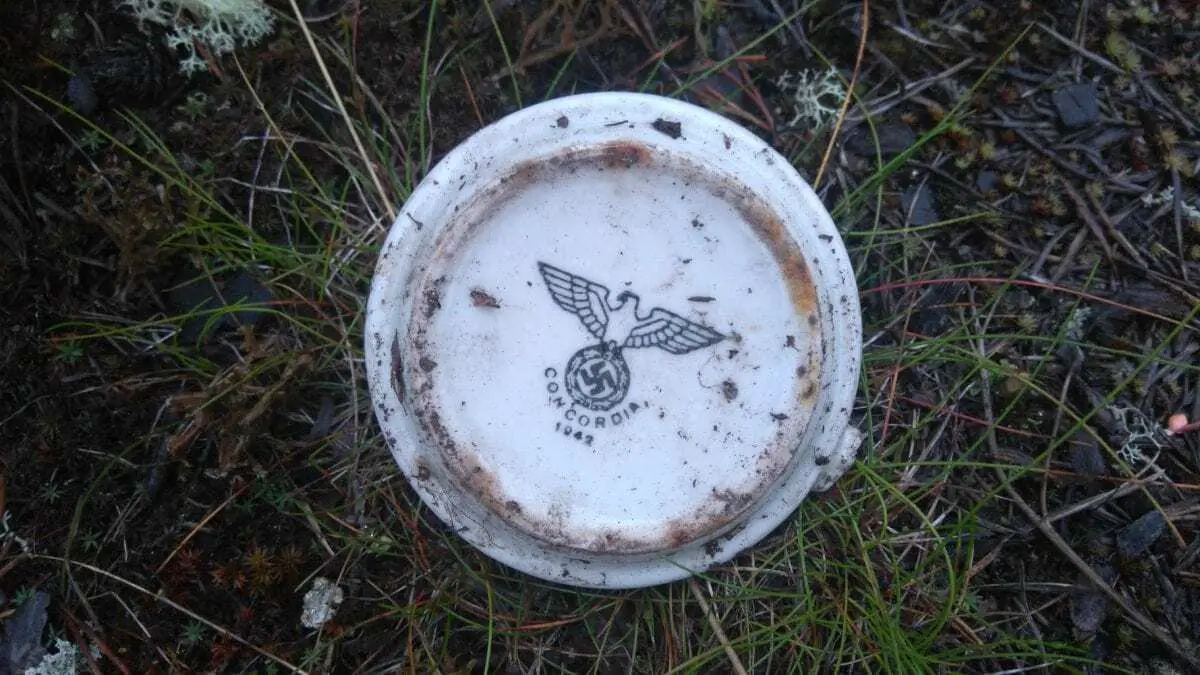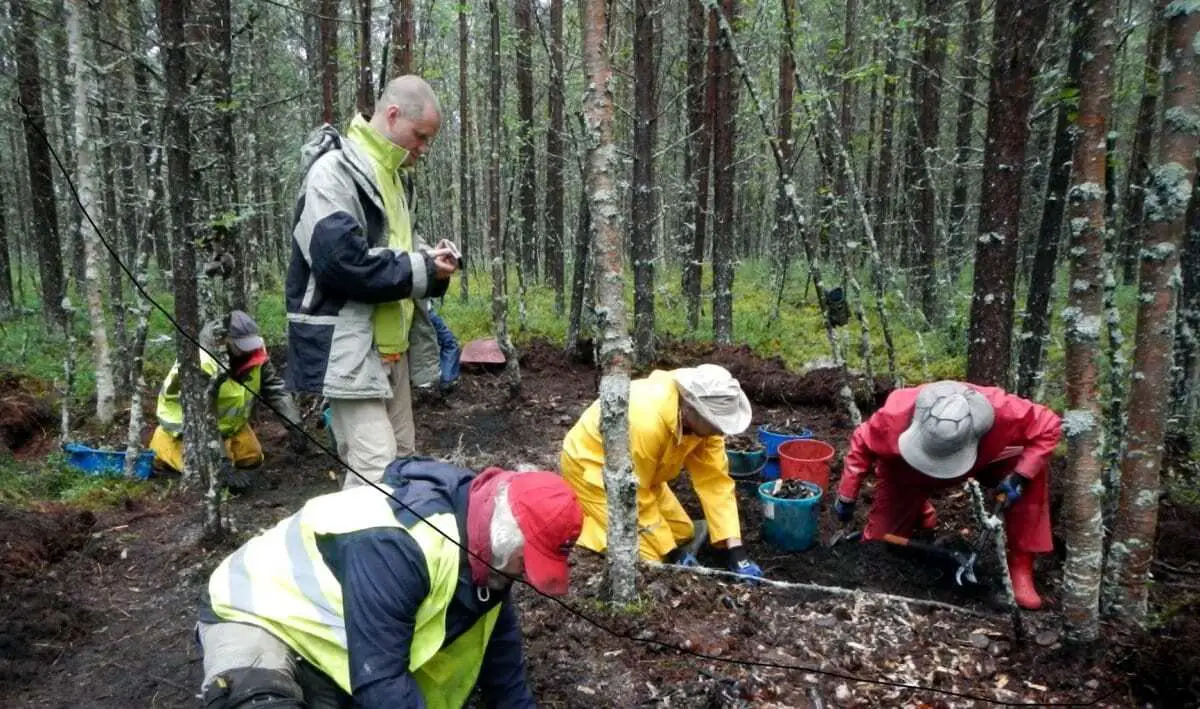Lapland’s Dark Heritage research project (Universities of Helsinki and Oulu) is organizing, together with the Sámi Museum Siida (Inari), a public excavation at a Second World War (WWII) German-run Prisoner-of-War (PoW) camp in Inari, Finnish Lapland.
The excavation site is a Second World War German-run PoW camp at Inari Hyljelahti. The camp housed Soviet and other PoWs and forced and slave labourers, who were involved in road building and forest working.
Historian Lars Westerlund has tentatively connected the Hyljelahti camp to a German-run punishment camp (Polarstraflager) where Russian Jewish PoWs were accommodated. The excavations will hopefully shed light this connection.

Pre-registered volunteers will take part in the excavations along with researchers and University students. The public may also visit the excavation site (driving instructions can be obtained from Siida), and there will be excursion to the war historical localities in Kaamanen and along the Karigasniemi Road built by the Germans during WWII. In addition, the program involves public lectures at Siida museum in Inari.
The speakers include Scottish archaeologist Dr Iain Banks from the University of Glasgow who specializes in Prisoner of War camp and conflict archaeology. All these events are free for all.
The interdisciplinary research team includes archaeologists, historians, museologists and ethnologists from Finland, Norway, Scotland (University of Glasgow), Italy (European University Institute), and Canada (Athabasca University). In its previous field seasons, the Lapland’s Dark Heritage project has studied different kinds of WWII sites, including PoW camps.
These studies have highlighted many themes underrepresented in the documentary sources, such as information about the prisoner living conditions, relationships between the prisoners and guards, and the spatial organization of camps. The PoW camp studies can also act as lenses through which wider issues can be assessed, for instance, about the views and attitudes towards the prisoners and refugees, and human-environmental relations. Blog http://blogs.helsinki.fi/lapland-dark-heritage/
Header Image Credit : Oula Seitsonen





